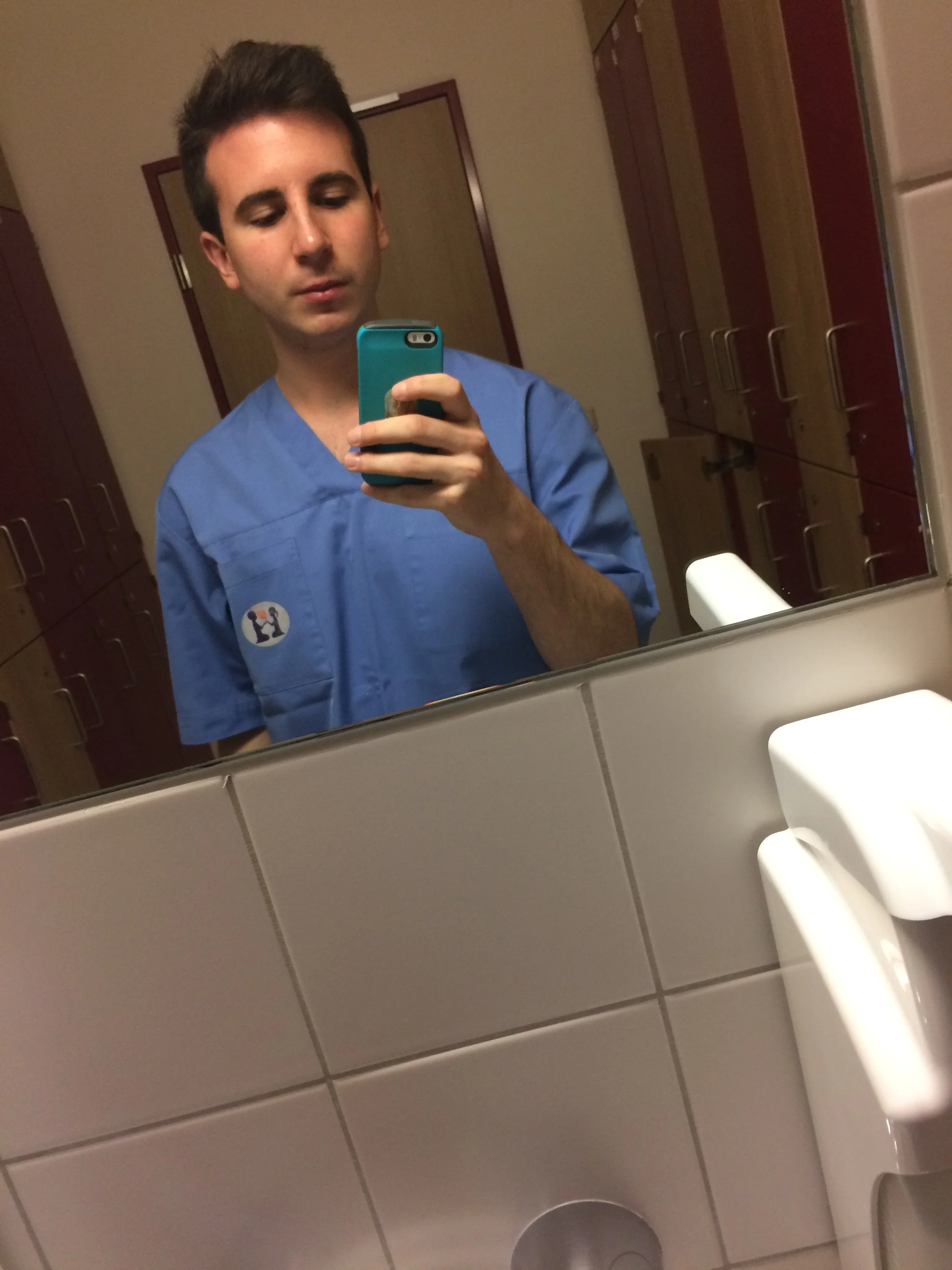
News
I learned how unpredictable this illness can be!
Harvard junior Anton Gillespie interned at the Federal Center for Pediatric Hematology in Moscow with help from Podari Zhizn and Podari Life. He shadowed doctors, observed hospital life, and spent time with young patients. “I saw how deeply illness affects families and how strong these kids are. Despite everything, they just want to laugh, play, and be kids,” he says. The experience was both eye-opening and inspiring, giving him valuable insight into the emotional side of medicine.
I realized that I just really wanted to live!
Yana Zaimenko, 29, survived Burkitt lymphoma and now works in land use administration. She doesn’t define herself by her illness but embraces life fully. During treatment, she found strength in her family, peers, and the support of Podari Zhizn. Recovery wasn’t easy—she faced fear, impatience, and the long road back to normal life. Today, Yana is healthy, married, goal-driven, and believes that beating cancer means no challenge is too great. Her message: never lose your will to live.
Life is the most important thing. Treasure it!
Dmitry Belyakov, a childhood cancer survivor and now a programming student, shares how friendship and support helped him through treatment. He met his best friend Artur in rehab, where laughter and companionship eased the pain. Dmitry recalls how his mother’s love and the joy brought by Podari Zhizn’s volunteers kept him strong. Now, he values life deeply and urges children in treatment to smile, laugh, and not dwell on illness—because positivity truly helps healing.
By this letter I’d like to express my gratitude
Thanks to Podari Life donors, Dr. Alexander Druy from the National Research and Clinical Center for Pediatric Hematology attended the 4th Pediatric Neuro-Oncology Conference in New York. He gained valuable insights into molecular genetics, diagnostics, and new therapies for brain tumors like medulloblastoma. The visit also led to collaboration talks with U.S. researchers. These advances will help improve treatment and outcomes for children in Russia.
I didn't expect how good this Hospital is!
Harvard junior Anton Gillespie dreamed of becoming a doctor and volunteered in Russia with help from Podari Zhizn. At the Federal Center for Pediatric Onco-Hematology, he shadowed doctors treating children after stem cell transplants. He was amazed by the high level of care and personal attention. Inspired by the experience, Anton joined the bone marrow registry and plans to apply to medical school next year.
June: Galya Bolshova
Galya beat leukemia twice. A former dancer and top student, she faced intense treatment and relapse but stayed strong thanks to her mother and doctor. Today, she’s a university graduate, manager, and volunteer at the Winners Games. Though recovery was hard, she found joy, purpose, and lifelong friends through the Podari Zhizn Foundation. Galya dreams of travel and learning languages—and reminds young patients: don’t give up, believe in yourself, and focus on healing.






